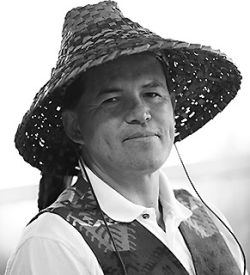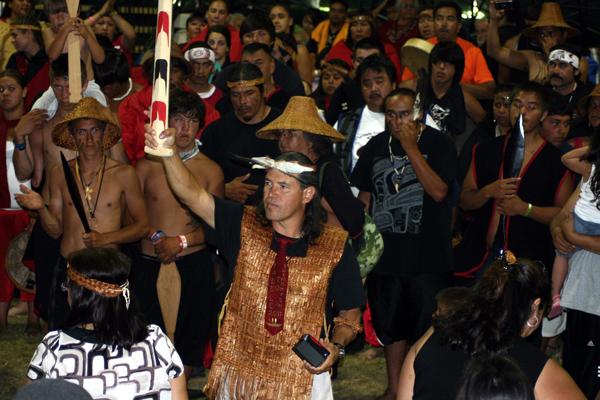
Source: Native News Network
SWINOMISH INDIAN RESERVATION – The Swinomish Indian Tribal Community learned Thursday that the Washington State Supreme Court ruled in the Tribe’s favor in a challenge to the Skagit River Instream Flow Rule amendments adopted in 2006 by the Washington Department of Ecology.
The Court’s October 3 decision concludes that Ecology department’s 2006 Skagit Rule amendments are invalid because they are inconsistent with Washington State’s laws to protect minimum instream flows for fish and other environmental values.
“This decision is a huge victory for Swinomish, for salmon, and for the water that salmon need to survive. Ecology had a choice to do the right thing or the wrong thing in 2006, and unfortunately, it chose to do the wrong thing. The Court’s decision vindicates the Tribe’s position and confirms that Ecology cannot make an ‘end run’ around laws that protect instream flows for fish,”
said Swinomish Tribal Chairman Brian Cladoosby.
The 2006 Rule amendments radically changed Ecology department’s original rule, which was adopted in 2001. The 2001 Skagit Instream Flow Rule established minimum instream flow levels for the Skagit River and several important tributaries.
“We spent years collaborating on what became the 2001 Rule with the City of Anacortes, the Public Utility District, Skagit County, Upper Skagit and Sauk-Suiattle Tribes and the State of Washington. The result of those efforts was a good rule based on sound science. Our collective agreement provided certainty for agriculture, for the Cities, for the County and for the Tribes for decades to come,”
Cladoosby continued.
In 2004, Skagit County sued Ecology department challenging the 2001 Rule. Multiparty discussions ensued as the Swinomish and other tribes, water purveyors, and the State tried to resolve the County’s complaints. Eventually, Ecology and the County settled the County’s lawsuit without consulting any of the other parties to the negotiation. In return for Skagit County agreeing to drop its lawsuit, Ecology department agreed to adopt the 2006 Rule Amendments.
The 2006 Rule amendments created 27 “reservations” of water for future out-of-stream use for a wide variety of purposes despite the fact that the senior minimum instream flow right established in 2001 is frequently unmet.
In 2008, the Tribe and the City of Anacortes (the “City”) filed a lawsuit challenging the 2006 Rule amendments. The Tribe and City contended that Ecology’s decision to create the reservations exceeded Ecology department’s authority.
Today, the Washington State Supreme Court agreed that:
“Ecology’s Amended Rule, which made 27 reservations of water for out-of-stream year-round non-interruptible beneficial uses in the Skagit River basin and which would impair minimum flows set by administrative rule, exceeded Ecology’s authority because it is inconsistent with the plain language of the statute and is inconsistent with the entire statutory scheme. The Amended Rule is invalid.”
“We would have preferred to work together to find a solution to everyone’s water needs as we did prior to the original 2001 Rule,”
observed Cladoosby,
“but, Ecology chose to go it alone with the County and we were left without any option other than calling the problems with the 2006 Rule amendments to the attention of a court. If we had not acted, the stream flows needed to support our diminishing salmon stocks would have been further impacted.”
The Swinomish Indian Tribal Community is a federally recognized Indian Tribe with approximately 900 members. Swinomish is a signatory to the 1855 Treaty of Point Elliott, which guarantees the Tribe’s treaty fishing rights. Its 10,000 acre reservation is located 65 miles North of Seattle, Washington on Fidalgo Island and includes approximately 3,000 acres of tidelands.








